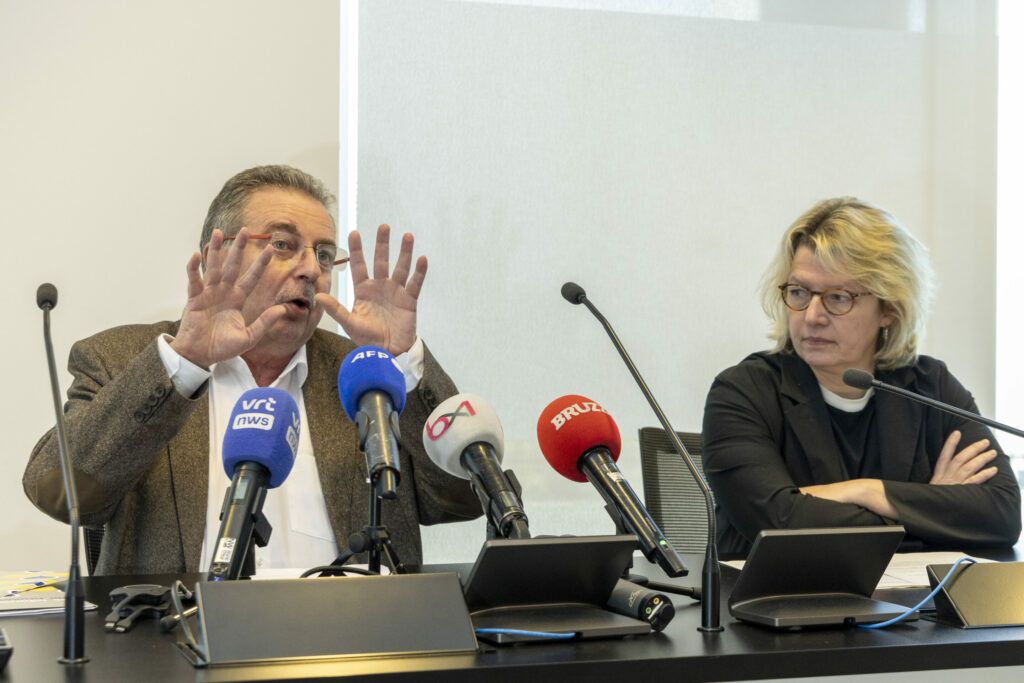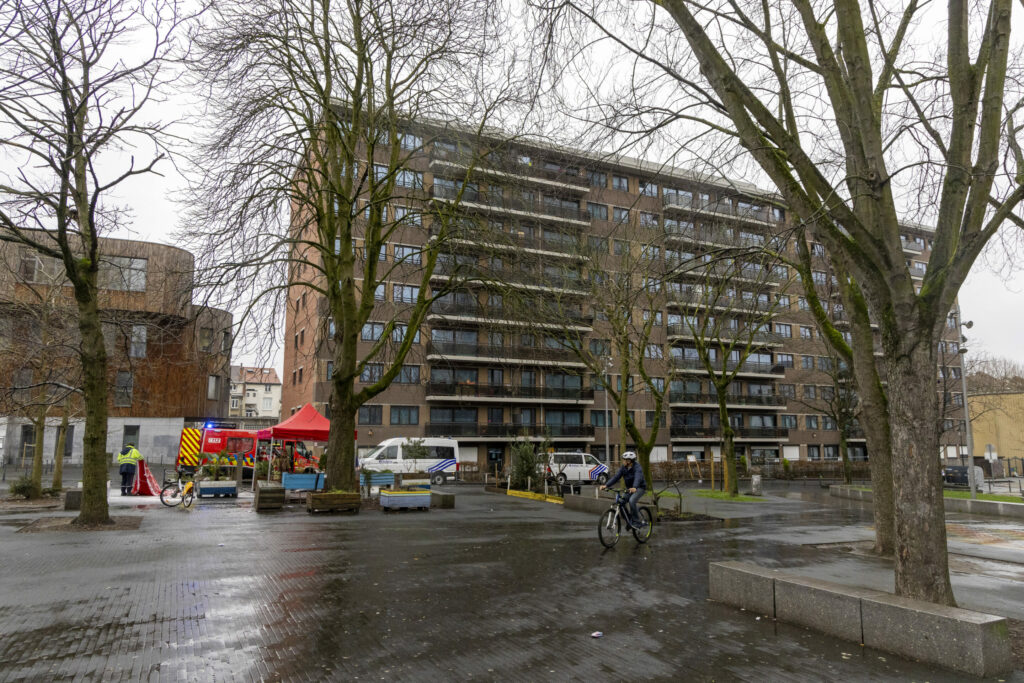Brussels Minister-President Rudi Vervoort (PS) is taking over coordination of the fight against drug trafficking in Brussels, he announced at a press conference on Monday.
The Brussels authorities gave the green light for the roll-out of a strategy "to combat drug trafficking and its security implications." Security body safe.brussels will try to deal with the problem at the regional level, although work needs to be done on a tailor-made approach in the different municipalities for the "hotspots."
More concretely, Vervoort will assume responsibility for coordinating measures, he said. "This strategy comes at the request of everyone active on the ground. The intention is to work out a regional approach based on a precisely defined management structure in which everyone participates."
In the presence of High Representative of Brussels Sophie Lavaux, chief of the Brussels Midi police zone Jurgen De Landsheer, and Anderlecht mayor Fabrice Cumps (PS), Vervoort unveiled "a brand new method" to combat the drugs problem in Brussels.
Coherent regional approach
For the first time, this general blueprint provides for regional coordination of the problem. Therefore, 10 to 15 concrete hotspots will be identified in agreement with the mayors of the various municipalities.
In turn, a local task force (LTF) will draw up and follow up a local action plan for each of these priority zones. These plans should enable rapid intervention when problems arise on the ground and violence occurs.
At the regional level, a Regional Integral Security Cell will be set up for the first time to ensure a smoother flow of information between local police forces. "This should ensure the coherence of the regional approach and, as far as possible, prevent the problems from shifting, as we saw in the past."

Brussels Minister-President Rudi Vervoort (left) and safe.brussels chair Sophie Lavaux. Credit: Belga/Nicolas Maeterlinck
Within the various hotspots, work is also being done on a three-pronged solution, based on the three pillars: security, prevention and neighbourhood life.
The work of the local police will also be supported by the issuance of police orders that apply to the entire territory, such as a temporary ban on the sale of products such as nitrous oxide (commonly known as laughing gas) and alcohol.
Additionally, mayors may also set out specific measures for a hotspot in a decree (such as place bans or systematic identity checks, for example).
The regional strategy is based on lessons learned from Brussels' Midi plan and initiatives in areas where drug trafficking is rampant, such as the Peterbos neighbourhood in Anderlecht.

